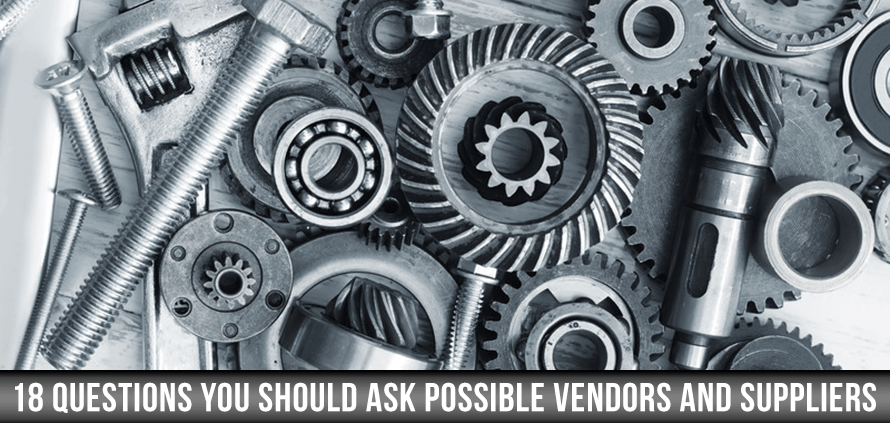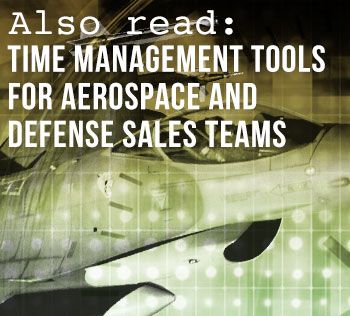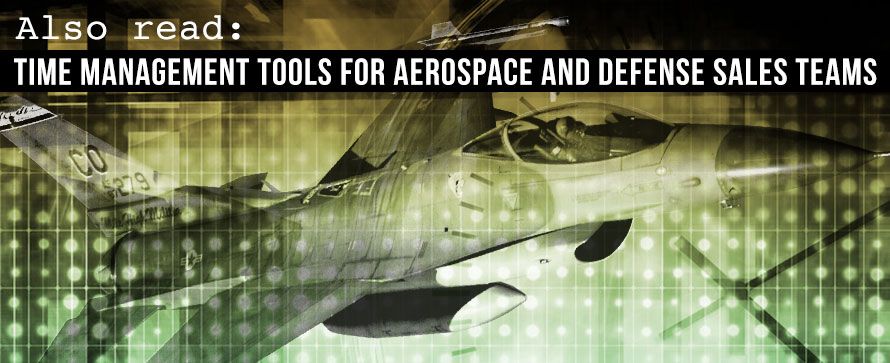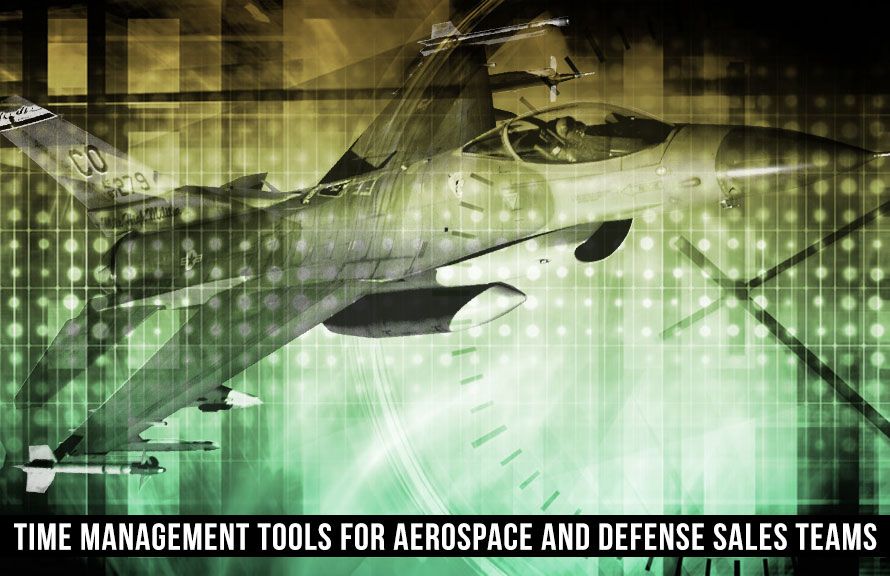When the success of your business depends on having trustworthy suppliers and vendors, you should be very particular when choosing those participants in your supply chain. On a day to day basis, parts come in, components are constructed, and products sold. As you use up parts in production, your supply chain manager replenishes what is needed. Business as usual means everything mostly runs smoothly.
If your marketing and sales strategy results in a need to fulfill a larger than usual order, it’s comforting to know that your suppliers will cooperate to help you meet that requirement. That’s part of the relationship you need with your supplier and vendors – the experience that comes from time to understand what their limitations might be.
If the items you need are only available from one producer then being selective may not be a possibility. If you are not happy with the only producer of that component or service then your business might need to investigate what it would require to produce it yourself. On the other hand, if there are a couple of suppliers then you would serve yourself well by selecting the right supplier by researching each.
18 questions you should ask possible vendors and suppliers
- Understands your needs – Does your company have experience with a business like ours and understand our needs?
- Scalable and flexible – As your business grows, can the supplier scale to your needs? If there was a boost in productivity could the supplier adjust to meet your increased needs? If your company needed to slow down production is the supplier flexible enough to also adjust to that reality?
- Customer Service – is the supplier’s customer service quick to respond and knowledgeable?
- Canceling an Order – What happens if your company needed to cancel and order – what should you expect from the vendor/supplier?
- Vulnerabilities – When you are dependent on the supplier you want to know their systems are safe from hackers or other external threats.
- Evolving – As innovations improve the manufacturing process, does the supplier or vendor adapt to those new technologies that make a higher quality product or save money that is passed onto you?
- Referrals – Can the supplier or vendor produce referrals that you can have access to?
- Point man – If you were to partner with them, who would be your key contact with their company?
- Quality Management System – What quality management processes do you have in place to ensure consistency of quality and meeting deadlines?
- Communicating – What’s is the supplier/vendors approach toward communication? Does a phone call help get all your questions asked? Do they prefer email correspondence but you do not? Make sure neither of you misses an important order change because you differ on the best way to communicate.
- Financially stable – When you find a company that seems to be a great fit for your supply chain, you want to build a relationship over time. Try to identify a great supplier that will not dissolve in a few months.
- Total cost – This question is a no-brainer, though certainly not the only important factor.
- Cost Reduction – When negotiating with a possible vendor, find out what options they have that might reduce the cost.
- Increase Cost – What circumstance can the supplier identify that might make prices change, either now or in the future?
- Volume Rebate – Does the supplier/vendor off a discount if you buy in larger volume?
- Payment Terms and Conditions – What are the supplier/vendors payment terms? Are you able to negotiate the terms if your process differs from theirs?
- Direct Sales To Customer – If you are selling a vendor’s product, you should know if they will be selling directly to the customer also. If they are, is your cost reduced enough for you to be competitive?
- Non-delivery – What is the supplier/vendors process if the materials don’t arrive at your location?
To best serve your company’s operations and supply chains, you need timely and accurate responses from your suppliers and vendors. Building strong relationships with your suppliers requires integrity, dependability, and flexibility.
Do thorough research to identify as many suppliers of the products or services you need and then narrow them down to one or more suppliers you can depend on. If the product is very important to your company, you may need more than one supplier to ensure an uninterrupted supply chain.
Duotech in your supply chain
For over 34 years, Duotech has solved the engineering, reverse engineering, repair, and re-manufacturing problems of military and civilian agencies, as well as aerospace and commercial users of electronic and electromechanical equipment.
Duotech provides high-quality services to assist our customers in keeping major programs operating on schedule and within budget costs. Available today at competitive prices, we deliver on shorter schedules than our competitors and, most importantly, higher quality to meet our customer’s requirements.







